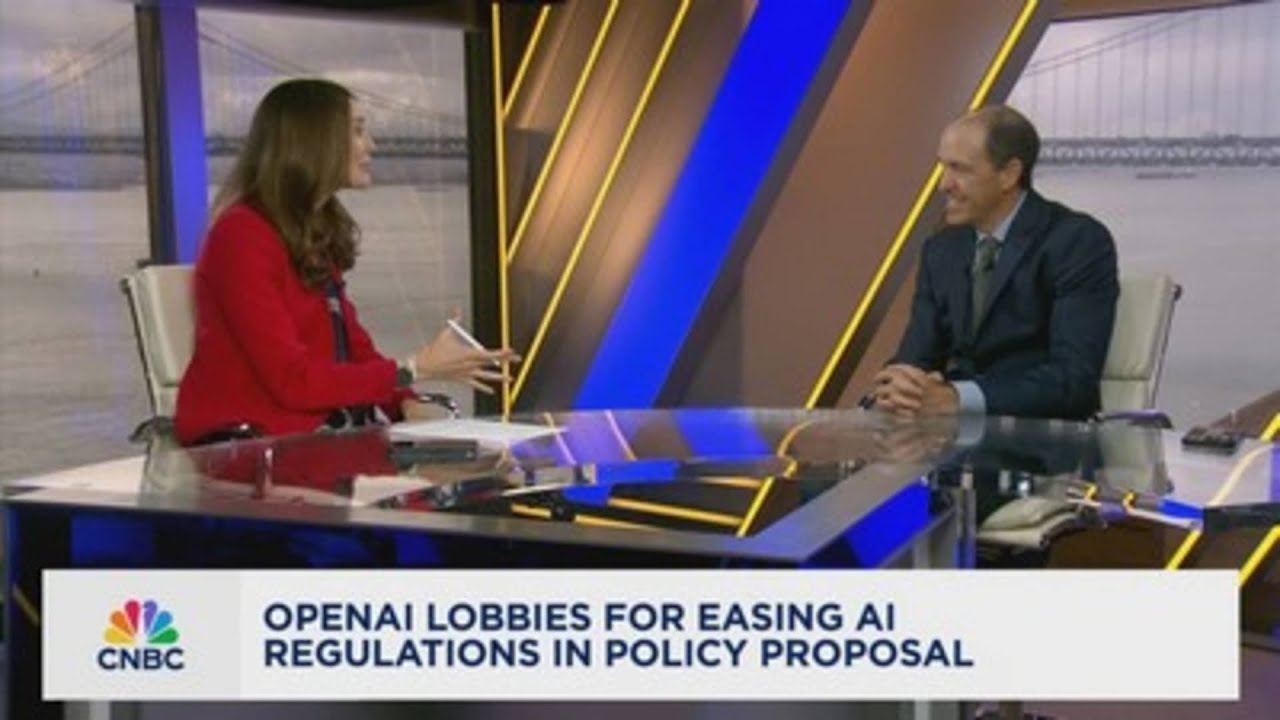Chris Lehane, OpenAI’s Chief Global Affairs Officer, discussed the company’s proposal for a ‘democratic AI’ strategy aimed at enhancing U.S. competitiveness and economic growth in response to the President’s call for a cohesive AI policy. He emphasized the need for a unified national strategy to regulate AI, protect data as a national security resource, and foster innovation while addressing ethical considerations in the development of AI technologies.
In a recent discussion, Chris Lehane, OpenAI’s Chief Global Affairs Officer, elaborated on the company’s proposal for a ‘democratic AI’ strategy submitted to the U.S. government. This proposal comes in response to a directive from the President for a cohesive AI strategy, which is expected to be finalized by early June. Lehane emphasized the significance of this moment, highlighting the impending arrival of Artificial General Intelligence (AGI) and the competitive landscape with China, which aims to dominate AI by 2030. He argued that a democratic approach to AI could lead to substantial economic benefits, including a potential GDP increase of 18-20% over the next decade.
Lehane addressed concerns regarding the impact of AI on the labor market, asserting that historical trends show technology typically enhances productivity and creates new opportunities. He provided examples of how AI is already improving sectors like education and healthcare, allowing professionals to focus more on their core responsibilities. He stressed the importance of developing policies that harness AI’s potential to democratize access to knowledge and enhance human capabilities, rather than stifling innovation through overregulation.
The conversation also touched on the need for a national strategy to unify various state laws regarding AI, which could hinder economic competitiveness. Lehane proposed evolving the U.S. Artificial Intelligence Safety Institute into a body focused on national security and economic competitiveness, allowing for voluntary cooperation between companies and the government. This would help streamline regulations and foster a more cohesive approach to AI development in the U.S.
Lehane highlighted the importance of data as a national security resource, arguing that the U.S. must maintain its competitive edge against authoritarian regimes like China. He suggested that the U.S. should leverage its historical principles of fair use to ensure that data remains accessible for innovation while respecting the rights of content creators. This approach aims to balance the need for open access to information with the protection of intellectual property rights.
Finally, Lehane expressed optimism about the bipartisan recognition of the importance of AI in U.S. competitiveness and national security. He noted that discussions in Washington are increasingly focused on how to lead in AI development while ensuring safety and ethical considerations are addressed. The administration is expected to release its AI strategy soon, with a clear emphasis on maintaining U.S. leadership in the global AI landscape.
